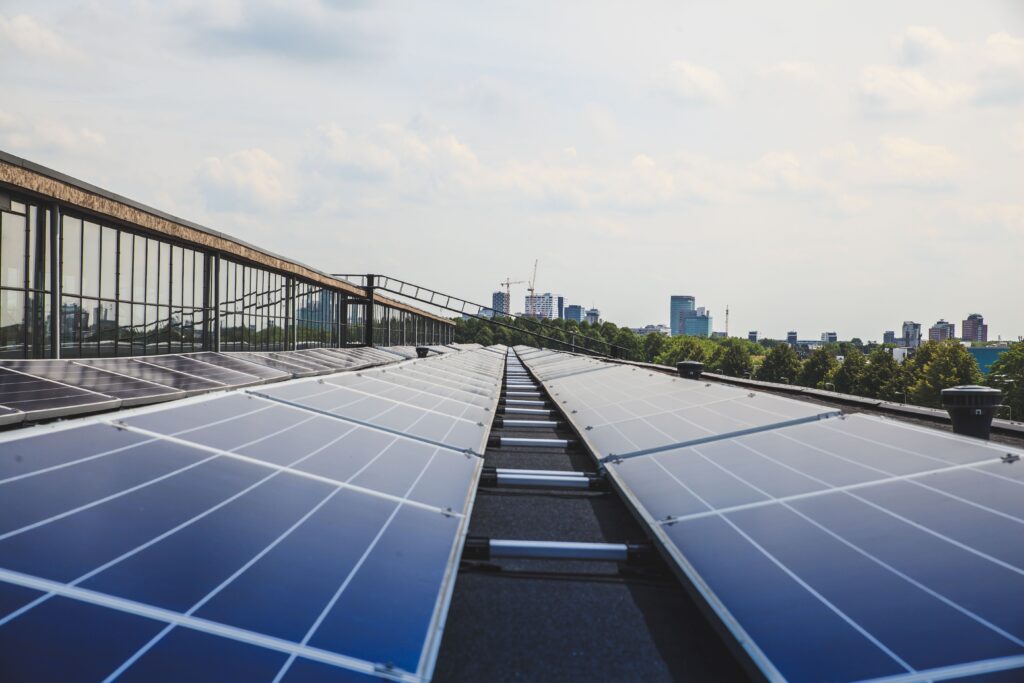
The Global Covenant of Mayors launches the Energy Access and Poverty Pillar of the Common Reporting Framework
Cities and local governments are once again on the frontlines: faced with diverse and compounding human needs, rising costs of living, and energy systems that are struggling to keep pace with development. Due to conflict and decades of global underinvestment in renewable energy solutions, a dramatic shortage of 150 billion m3 of gas is plunging Europe and other parts of the world into a dire energy crisis. Meanwhile, 733 million people globally – roughly half the population of China – lack access to energy according to the latest estimate. Further, global energy turmoil and spiraling prices hit the most vulnerable first, many of whom live in urban centers.
During this crisis, however, lies an opportunity for local leaders to understand how their residents are affected, identify levers to increase energy access and reduce energy poverty, and take actions towards an energy supply that is secure, affordable, and sustainable. Cities have long spearheaded efforts to fight energy poverty through efforts such as accelerating home energy efficiency upgrades and installing renewable energy systems. However, much more could be done to cushion the impacts of spiraling energy prices and deliver a sustainable and just solution to the energy crisis. With the help of cities, we could reduce the cost of heating and cooling for the most vulnerable, while also supporting nations achieve their climate goals.
The Global Covenant of Mayors for Climate and Energy (GCoM) has launched the Energy Access and Poverty Pillar (EAPP) of the Common Reporting Framework (CRF): a set of indicators, guidelines, and timelines built to help its 12,500+ signatories take action towards a just energy transition. Formed over two years in consultation with all 13 Regional and National Covenants and led by a dedicated subcommittee of the GCoM Data Technical Working Group, the EAPP reflects the regional diversity of the GCoM alliance and the flexible approach for creating a space for streamlined ambitious action.
The EAPP is structured across three key attributes: secure, affordable, and sustainable energy. The attributes are designed to align with UN Sustainable Development Goal #7 and the latest findings from across the energy community. The attributes also cover more than 50 indicators, which were directly sourced from practitioners and partners across multiple regions to offer a flexible, evidence-based method to track progress based on each city and local government’s unique needs and contexts.
Following existing pillars of the CRF (mitigation and adaptation), the EAPP presents opportunities for GCoM signatories to earn ‘badges’ along their climate action journey. The badges are awarded for: 1) crafting an assessment, 2) setting a target, and 3) completing an action plan inclusive of energy access or poverty elements. Signatories can progress along the EAPP and earn these badges beginning January 2023. They will have two years to submit an assessment and target, and three years to submit a plan – all via GCoM’s official reporting platforms.
Through the EAPP, the more than 12,500 cities and local governments that make up the GCoM alliance can begin tracking progress and taking action on energy access and poverty. Local momentum can identify and unlock levers for greater engagement in energy policy, especially around the generation and consumption of secure, affordable, and sustainable energy.
The EAPP is currently available as a standalone document, and will be integrated into the Common Reporting Framework – as well as made accessible in multiple languages – in early 2023. An accompanying guidance note will also be made available in early 2023 to provide additional knowledge and support to signatories.
Click here to download the Energy Access and Poverty Pillar of the Common Reporting Framework.
For more information, please reach out to info@globalcovenantofmayors.org.